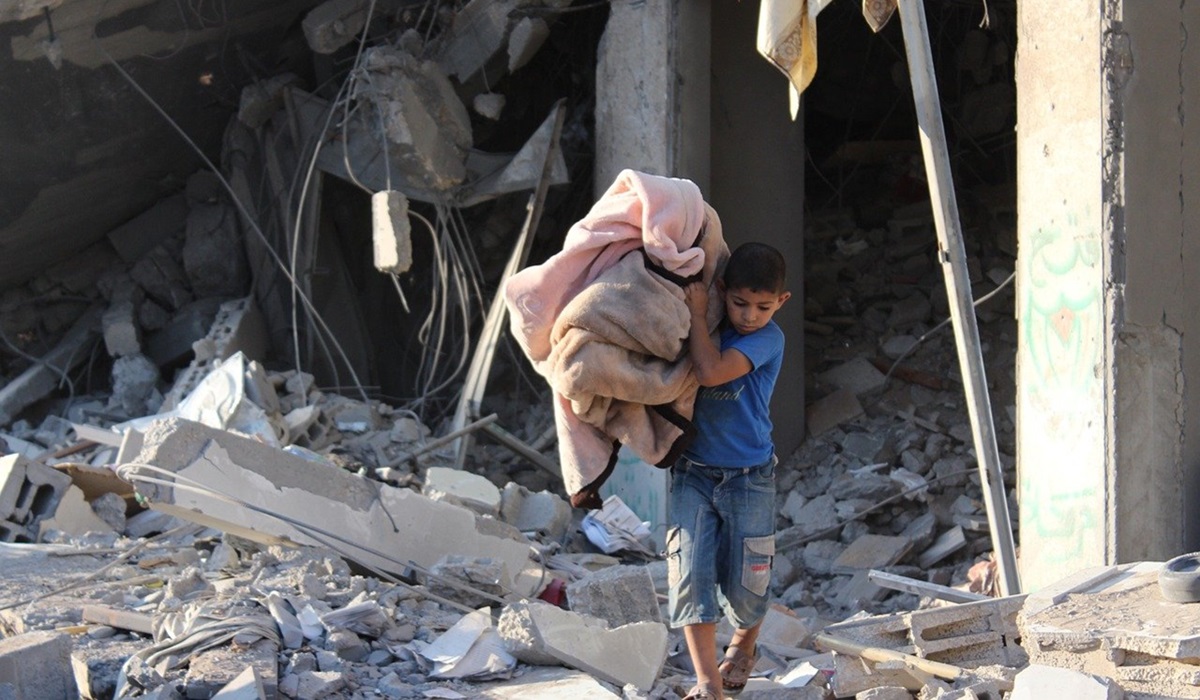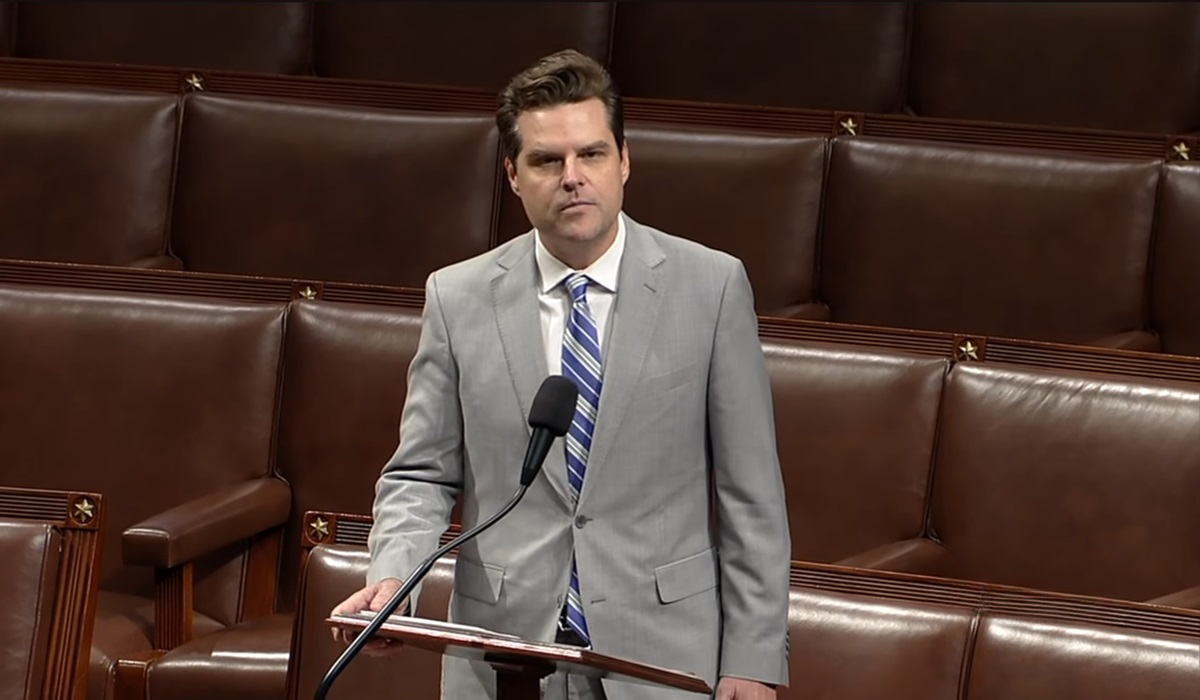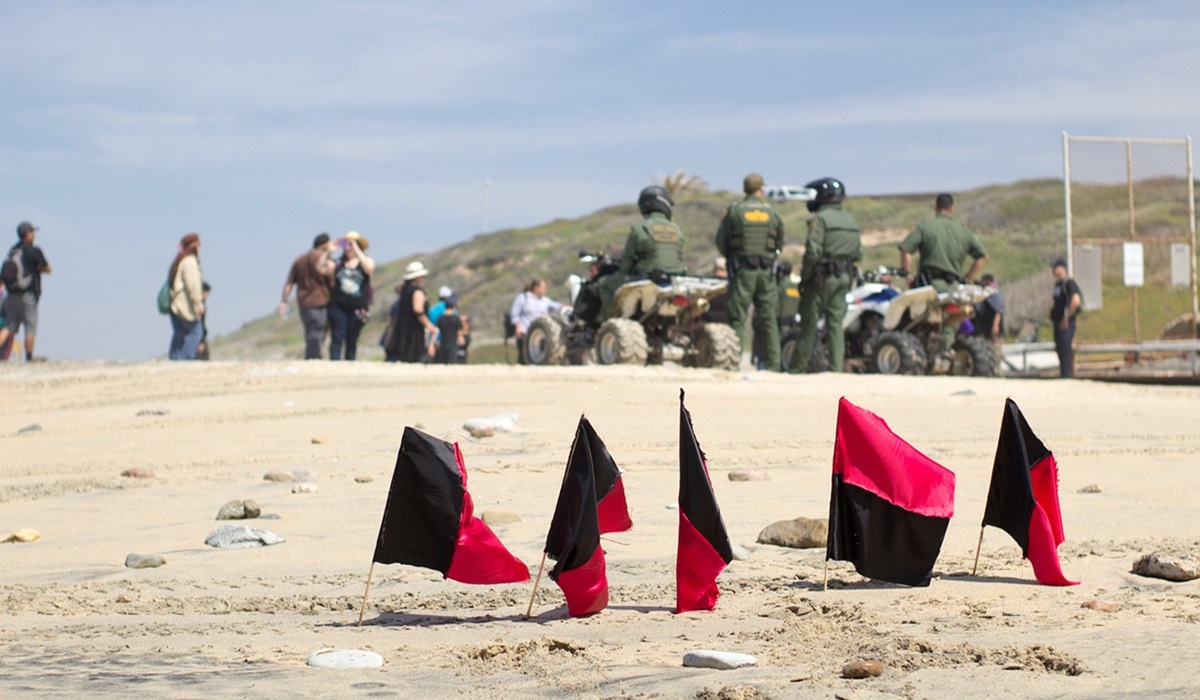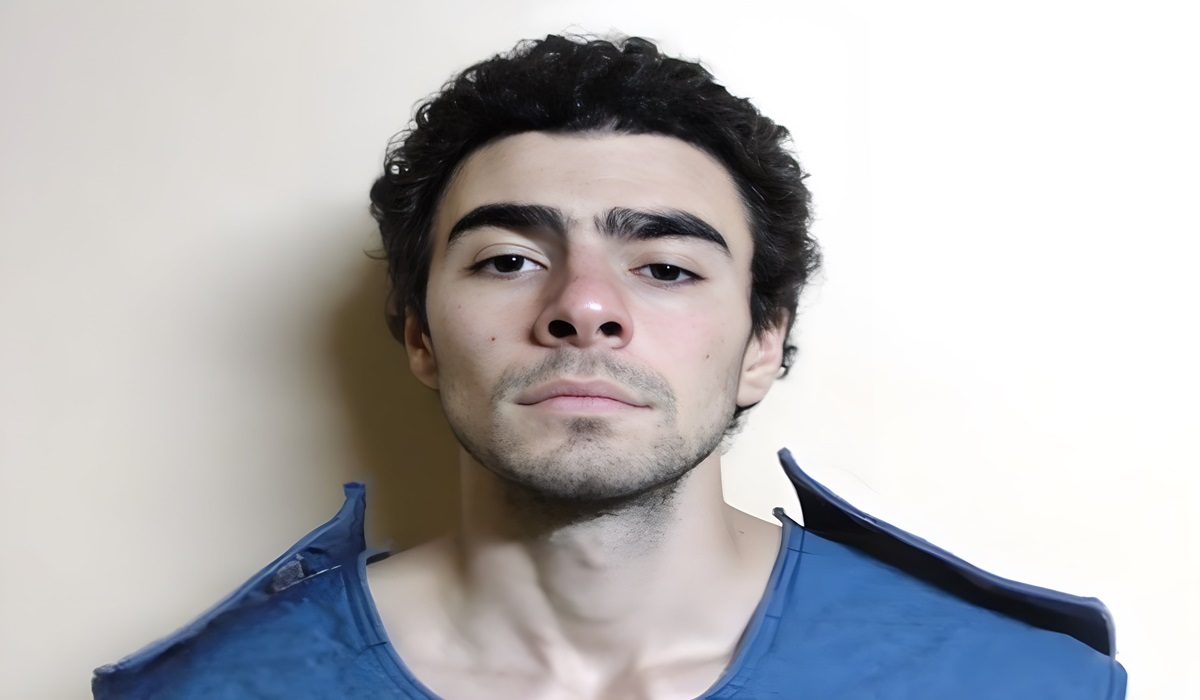Urgent Call for Ceasefire as Hospitals in Gaza Face Unprecedented Attacks
- TDS News
- Breaking News
- November 11, 2023

In the embattled region of Gaza, hospitals and medical facilities find themselves on the front lines of a humanitarian crisis, facing relentless bombardment from the Israeli Defense Force. The severity of the situation demands a serious and urgent examination, pushing for an immediate ceasefire to prevent further loss of innocent lives.
According to distressing reports from the United Nations and the World Health Organization, Gaza’s hospitals are bearing the brunt of a sustained assault. This violates international humanitarian law and raises questions about the blatant disregard for medical spaces meant for healing and care.
Multiple hospitals and medical facilities have either been bombed or suffered significant damage, leaving countless lives hanging in the balance. The proposed “humanitarian pause,” allowing a brief respite each day, is a Band-Aid solution that does little to address the sustained and indiscriminate nature of the attacks. Victims, medically attended to during these short breaks, are subjected to renewed trauma as bombings resume, underscoring the urgent need for a comprehensive and lasting ceasefire.
One of the most alarming incidents involves Al-Shifa Hospital, a critical healthcare institution in Gaza. Now reported to be surrounded by Israeli tanks and soldiers, the hospital faces grave accusations from the Israeli government of harboring militants and weapons. However, the hospital vehemently denies these claims and the international community must scrutinize such allegations with the urgency they demand.
The Norwegian Refugee Council’s Middle East Regional Director, Angelita Caredda, rightly points out, “It is an affront to wage war around and on hospitals. Those being treated or seeking shelter in hospitals have nowhere else to go.” The immediate jeopardy faced by patients, including infants in incubators, due to halted generators further underscores the urgent need for intervention.
An immediate ceasefire is not merely a diplomatic formality; it is a necessity to prevent further loss of innocent lives. The World Health Organization’s documentation of over 250 attacks on healthcare in Gaza since October 7 is a damning testament to the severity of the situation. The international community cannot afford to be silent spectators in the face of such atrocities.
The urgency for a ceasefire is a moral imperative. The right to health is a fundamental human right, and the deliberate targeting of hospitals undermines the very essence of our shared humanity. The international community must unequivocally call for an end to the violence, ensuring the protection of medical facilities.
Amid the ongoing attacks in Gaza, the Israeli Defense Force asserts that their operations will persist until all hostages are returned. The plea for the release of hostages and an end to the war is underscored by escalating tensions since the attacks began on October 7. This stance is believed to exert pressure on the Israeli Defense Force to react more militarily, especially in the aftermath of Jewish children also being killed on the day of the attack.
Elon Musk’s perspective adds weight to this, as he has been quoted saying, “If you kill somebody’s child in Gaza, you’ve made at least a few Hamas members.” Musk’s words highlight the human cost of the conflict and suggest that such tragedies may contribute to more joining Hamas, possibly influencing the nature of the military response.
Musk’s remarks underscore a disconcerting prospect — the ongoing conflict between Israelis and Palestinians may endure indefinitely if a workable solution remains elusive. This observation highlights the urgent need for a resolution that must arise from direct negotiations between Israelis and Palestinians, independent of external influences. The interference of outside countries, while well-intentioned, often introduces complexities and biases that can hinder, rather than facilitate, a lasting peace.
The call for an end to external interference reflects the notion that a sustainable solution requires a deep understanding of the region’s nuanced historical, cultural, and political dynamics. The imperative is clear — a commitment to dialogue, empathy, and a shared acknowledgment of humanity is essential. Without a homegrown solution, the specter of perpetual war remains, and the cycle of violence may persist, leaving both nations in a perpetual state of unrest.








